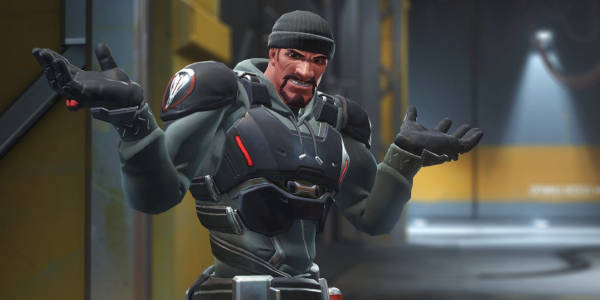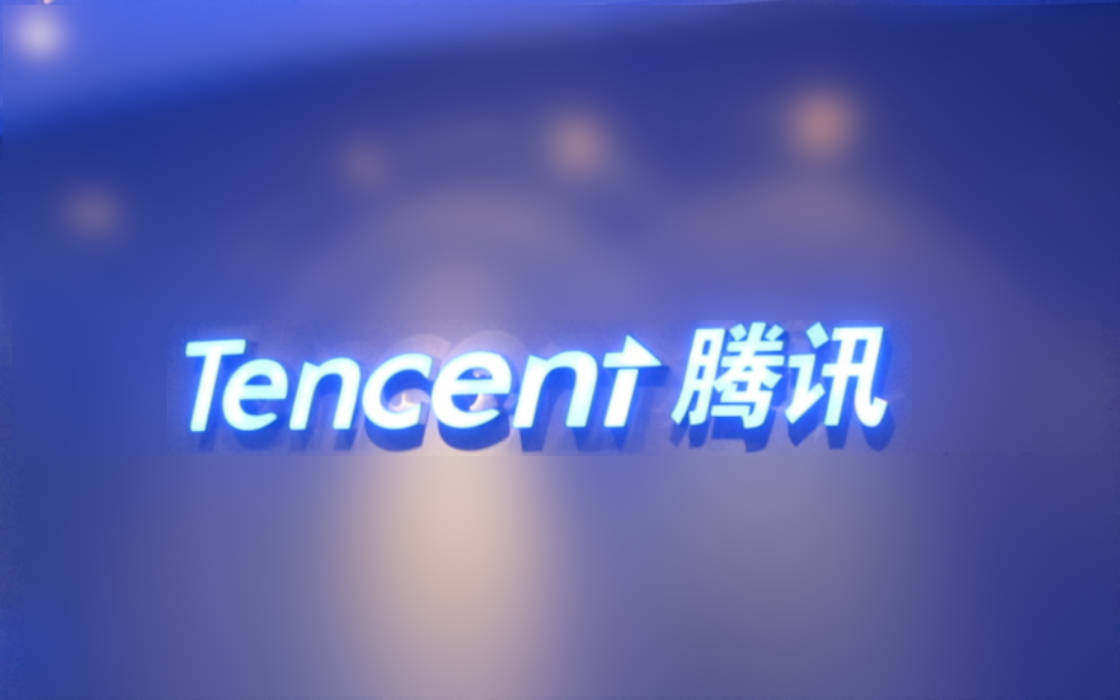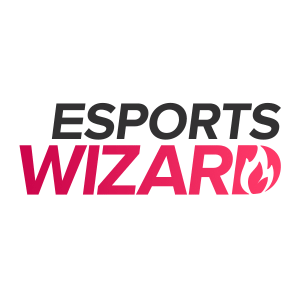The Chinese government is toughening its stance on what is permissible in the world of video gaming and esports and what gets to be silence. A number of new titles have been added to the unwanted list.
No Fortnite, No PUBG in China
The Chinese government’s newly set-up Online Ethics Review Committee (OERC) has reportedly put Fortnite and PlayerUnknown’s Battlegrounds (PUBG) on the list of banned games in the country for failing to promote the “correct” values. The OERC explained that the games that were put on the list promoted violence and the indecent depiction of female characters.
In a sense, OERC’s stance is no different than that of the International Olympic Committee (IOC) which recently decided that inclusion of esports into the games would be premature as most titles were seen as violent and not in line with the advertised values of the movement.

In the case of Fortnite and PUBG, the explicit use of blood and other effects has prompted the OERC to limit the access to the game. While titles, such as H1Z1 and PUBG rely and partly pride themselves of their authentic graphics, which feature a fair bit of bloodshed, Fortnite is a rather more animated and even cartoonish title, which comes with no blood spillage.
The OERC has gone beyond “violence” as determining criteria for which titles should be ousted with games such as World of Warcraft and League of Legends coming under the hits of the government for having a “disharmonious chatrooms”. Overwatch was reprimanded as excessively exposing female bodies which led to those same “incorrect values” the party has been trying to eradicate.
Censorship or Justified Action?
In a broader sense, the censorship measures are justified and from the standpoint of the Chinese government, depravity cannot be allowed. OERC is correct that chat rooms can be overly-divisive, but going ahead with an outright ban could seem a little over the top in the first place.
If this is true, Tencent which owns multiple games on the list, will suffer even more, after $20 billion of the company’s value was written off earlier this year, marking the first downturn in the company’s 12-year history of growth.
Tencent though is also a developer of iGaming products, which were also sanctioned by the Chinese government recently. In summation, one of the most cossetted tech giants in China has been affected by the spate of changes enacted by the government in recent months.
The Chinese province of Chongqing has recently saw itself caught in a controversy over refusing to let a TNC Predator’s player participate in the Dota 2 Major which is taking place in the city early next year.
The refusal was occasioned by Dota 2 professional player Kuku’s remark, depicting fellow Chinese gamers using a racial slur. The news caused a polemic briefly threatening the Major itself with TNC Predator’s manager then trying to cover for his player, only making matters worse.
Valve had to step in at the end, banning Kuku themselves and issuing a strong reprimand. In light of these events, division in chats and perhaps explicitness of some titles is something well worth addressing, although banning games altogether seems excessive.











